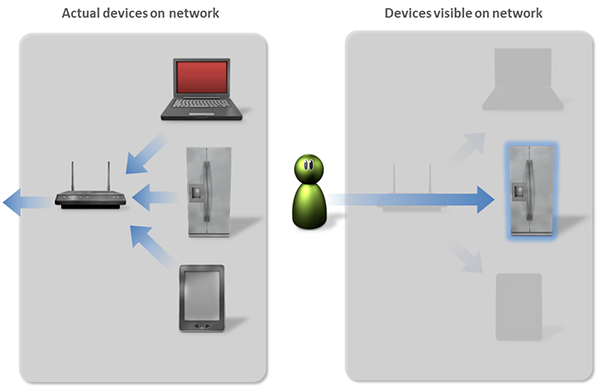Last week released a news regarding on research by Proofpoint that hundreds of home devices such as entertainment systems and even a refrigerator had been sending spam.

According Symantec the collection of networked devices as the Internet of Things (IoT). The reports didn’t provide any evidence so we were unable to validate the claim.
The additional details have now been made available and we can confirm that your IoT devices, including your refrigerator, are not the source of this recent spam run.
The information that was publicly provided, they are able to determine that this specific spam run is being sent by a typical botnet resulting from a Windows computer infection.
Symantec receives telemetry from a wide variety of sources including our endpoint security products, spam receiving honeypots, and botnet honeypots that await spam-initiating commands. All of these sources traced the spam to multiple Windows computers, some of which they are verified to be infected with W32.Waledac (Kelihos).
They are not seen this spam originate from any non-Windows computer systems and do not see any unaccounted volume of spam that may originate from other sources.
The refrigerator was innocent, having IoT devices send spam isn’t impossible. Recently, They uncovered one of the first and most interesting IoT threats, Linux.Darlloz, which infects Linux-based IoT devices such as routers, cameras, and entertainment systems.
Malware for IoT devices is still in its infancy, IoT devices are susceptible to a wide range of security concerns. So don’t be surprised if, in the near future, your refrigerator actually does start sending spam.
As with any computer system, keep the software on IoT devices up-to-date, place them securely behind a router, and change all default passwords to something more secure.

According Symantec the collection of networked devices as the Internet of Things (IoT). The reports didn’t provide any evidence so we were unable to validate the claim.
The additional details have now been made available and we can confirm that your IoT devices, including your refrigerator, are not the source of this recent spam run.
The information that was publicly provided, they are able to determine that this specific spam run is being sent by a typical botnet resulting from a Windows computer infection.
Symantec receives telemetry from a wide variety of sources including our endpoint security products, spam receiving honeypots, and botnet honeypots that await spam-initiating commands. All of these sources traced the spam to multiple Windows computers, some of which they are verified to be infected with W32.Waledac (Kelihos).
They are not seen this spam originate from any non-Windows computer systems and do not see any unaccounted volume of spam that may originate from other sources.
The refrigerator was innocent, having IoT devices send spam isn’t impossible. Recently, They uncovered one of the first and most interesting IoT threats, Linux.Darlloz, which infects Linux-based IoT devices such as routers, cameras, and entertainment systems.
Malware for IoT devices is still in its infancy, IoT devices are susceptible to a wide range of security concerns. So don’t be surprised if, in the near future, your refrigerator actually does start sending spam.
As with any computer system, keep the software on IoT devices up-to-date, place them securely behind a router, and change all default passwords to something more secure.





No comments:
Post a Comment